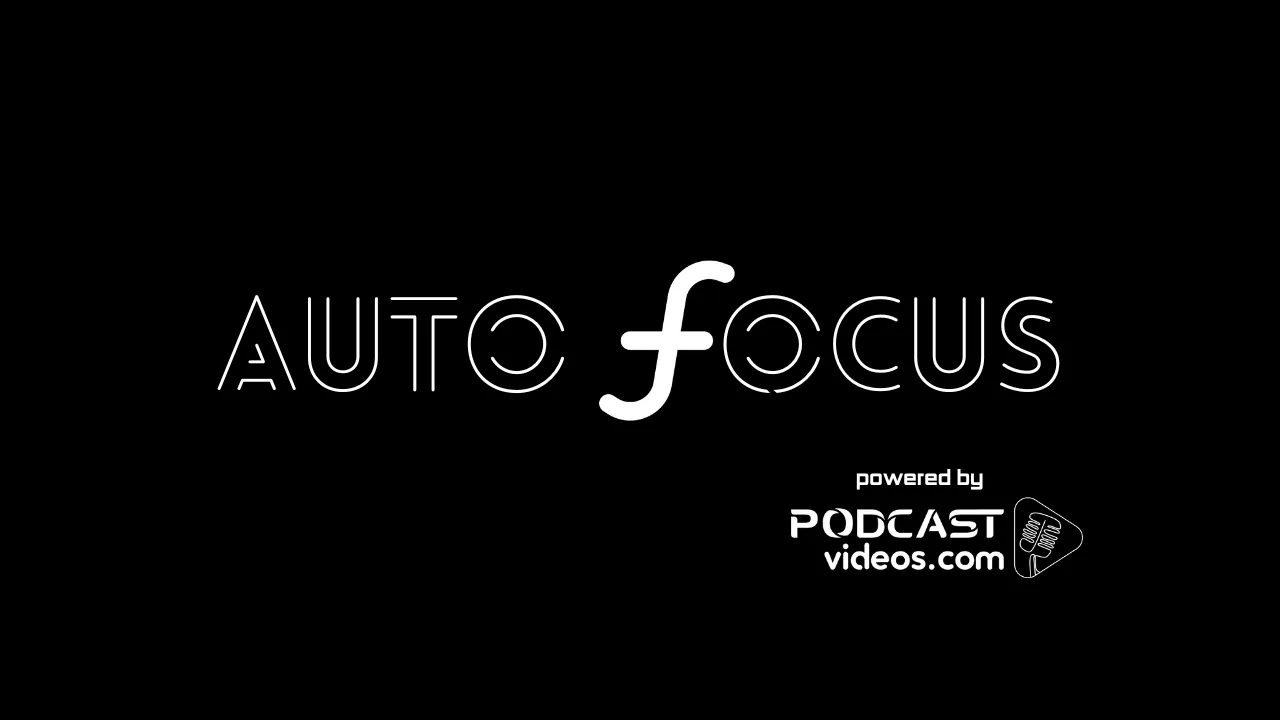The integration of artificial intelligence into the podcast industry has shifted the landscape of advertising, enhancing personalization, scalability, and efficiency.
While AI also contributes significantly to content creation, its impact on podcast advertising has been particularly profound, shaping how ads are created, delivered, and analyzed, as well as how they intertwine with content to influence engagement and monetization.
Podcast advertising has historically relied on host-read ads, which provide a personal, authentic touch. These ads are effective because they leverage the trust listeners have in the host, creating a seamless transition between content and advertising. AI, however, is adding new dimensions to this approach, allowing for both scalability and customization without sacrificing the “host-read” feel.
AI's ability to replicate human speech patterns and tones has given rise to AI-generated host-read ads. Platforms like RSS.com have developed technologies that mimic a podcast host’s voice, maintaining the continuity and familiarity that audiences expect. This approach allows advertisers to scale personalized ads across a range of content without requiring hosts to record multiple versions.
AI-driven ads can be adjusted in real-time, incorporating contextual data such as the listener’s location, weather, or recent news events. This makes advertising more relevant and engaging. Adthos, for instance, leverages AI to create real-time adaptive ads, maintaining listener interest through context-specific messaging. The company’s platform uses natural language processing to match ad content with ongoing events, ensuring that each ad remains pertinent to its target audience.
While larger networks such as iHeartMedia have embraced these AI-driven solutions for their potential to reduce costs and scale production, smaller podcasters remain cautious. Many worry that the overuse of AI may dilute the authenticity that makes host-read ads effective. A study by Podpolls Inc. found that 60% of podcast listeners prefer ads read by a human, emphasizing the challenge of balancing automation with authenticity.
Emotion AI, a subset of artificial intelligence, simulates and interprets human emotions. This technology is being employed in podcast advertising to replicate the emotional inflection of host-read ads, ensuring that even pre-recorded or dynamically inserted ads feel personal and engaging. Companies like EmotionWave are pioneering this space by training AI models on prosodic features—tone, pitch, and rhythm—to mirror the emotional cues of human hosts.
The ability of Emotion AI to replicate emotional expression enhances listener trust and retention. Ads that resonate emotionally are more likely to result in listener action, such as product purchases or sign-ups. A report from Sounds Profitable revealed that podcast ads using emotion AI see up to a 40% increase in listener engagement compared to standard ads. This technology provides the scalability of programmatic ads while preserving the emotional impact that has traditionally driven the success of host-read promotions.
Personalization is a key strength of AI in podcast advertising. Unlike traditional ads, which may reach broad audiences with generic messages, AI allows for tailored experiences based on listener data. Advanced platforms use AI to analyze data such as listening habits, demographic information, and even listener feedback to craft ads that align with the preferences of specific audience segments.
AI facilitates dynamic ad insertion, which tailors the ad experience to each listener. This capability allows brands to target listeners with relevant messages based on their behavior and interests, similar to how digital ad platforms like Facebook and Google operate. For example, Magellan AI offers services that analyze ad performance metrics and track competitor spending, giving advertisers actionable insights for refining campaigns. Brands leveraging these tools report increased return on investment due to the more targeted nature of AI-driven campaigns.
While personalization boosts engagement, it also raises concerns about data privacy. Regulations emphasize the need for transparency in data collection and usage, compelling podcast platforms and advertisers to adopt stringent data protection measures. Balancing personalization with privacy is critical to maintaining listener trust.
One of AI’s most beneficial applications in podcast advertising is its ability to provide in-depth analytics and performance insights. AI-driven analytics platforms can track ad performance in real-time, measuring metrics such as engagement rates, skip times, and conversion rates. This allows advertisers to make data-informed decisions and adjust campaigns as needed for optimal performance.
Tools like Magellan AI and Podscribe are leading the way in providing real-time analytics that help advertisers understand how ads perform across various shows and formats. These tools use machine learning algorithms to identify patterns in listener behavior, enabling brands to target ads more effectively. The result is not only better engagement but also more strategic allocation of advertising budgets.
Advertisers appreciate these advancements for their potential to optimize campaigns and increase efficiency. However, some podcast hosts express concerns about the over-commercialization of content. According to a survey by Podcast Insights, 35% of hosts worry that an increase in AI-driven advertising may overshadow the organic nature of podcast content, potentially impacting listener experience.
One of the most intriguing aspects of AI in podcasting is its role in merging content with advertising. While host-read ads are the gold standard, AI is being used to embed advertising within the content itself, creating a more seamless listening experience. For example, content-generated AI tools like Descript and Alitu can craft ad segments that mimic the voice and style of a podcast, blending them naturally into the discussion.
AI tools enable the creation of mid-roll ads that align closely with the podcast's theme or ongoing conversation. A finance podcast, for example, might use AI to craft an ad that references investment strategies discussed in the episode, making the transition from content to ad nearly indistinguishable.
While this technique enhances ad relevancy, it also blurs the line between content and advertising, raising ethical questions about transparency. Listeners may not always be aware that certain segments are sponsored, potentially eroding trust. Regulatory bodies like the Federal Trade Commission in the U.S. are paying closer attention to such practices, ensuring that sponsored content is clearly disclosed.
While AI’s advertising innovations are the focal point, its role in content creation complements these developments. AI tools that aid in podcast production also contribute to the integration of advertising content. For example, automated editing software like Cleanvoice can enhance audio quality, making both content and ads sound seamless and professional. This uniformity ensures that ads do not feel out of place, even when dynamically inserted.
AI-powered translation services like those offered by Eleven Labs are making it easier to create multilingual ads and content, expanding podcast reach. By tailoring both content and advertising for different languages and cultures, podcasters and advertisers can appeal to a broader, international audience.
While current innovations have significantly improved personalization, engagement, and efficiency, they have also highlighted the importance of balancing technology with listener trust and content authenticity.
Industry analysts predict that AI-driven podcast advertising will continue to grow, incorporating more sophisticated emotional intelligence and real-time contextual awareness. Future developments may include AI that can create ad copy capable of dynamic storytelling, blending ads even more seamlessly into podcast narratives.
With these advancements come challenges. Ensuring that ads are clearly distinguishable from content and that listener data is handled ethically will be crucial. Podcast platforms and advertisers will need to adapt to evolving regulations while leveraging AI’s capabilities to maintain an edge in the competitive podcasting market.









